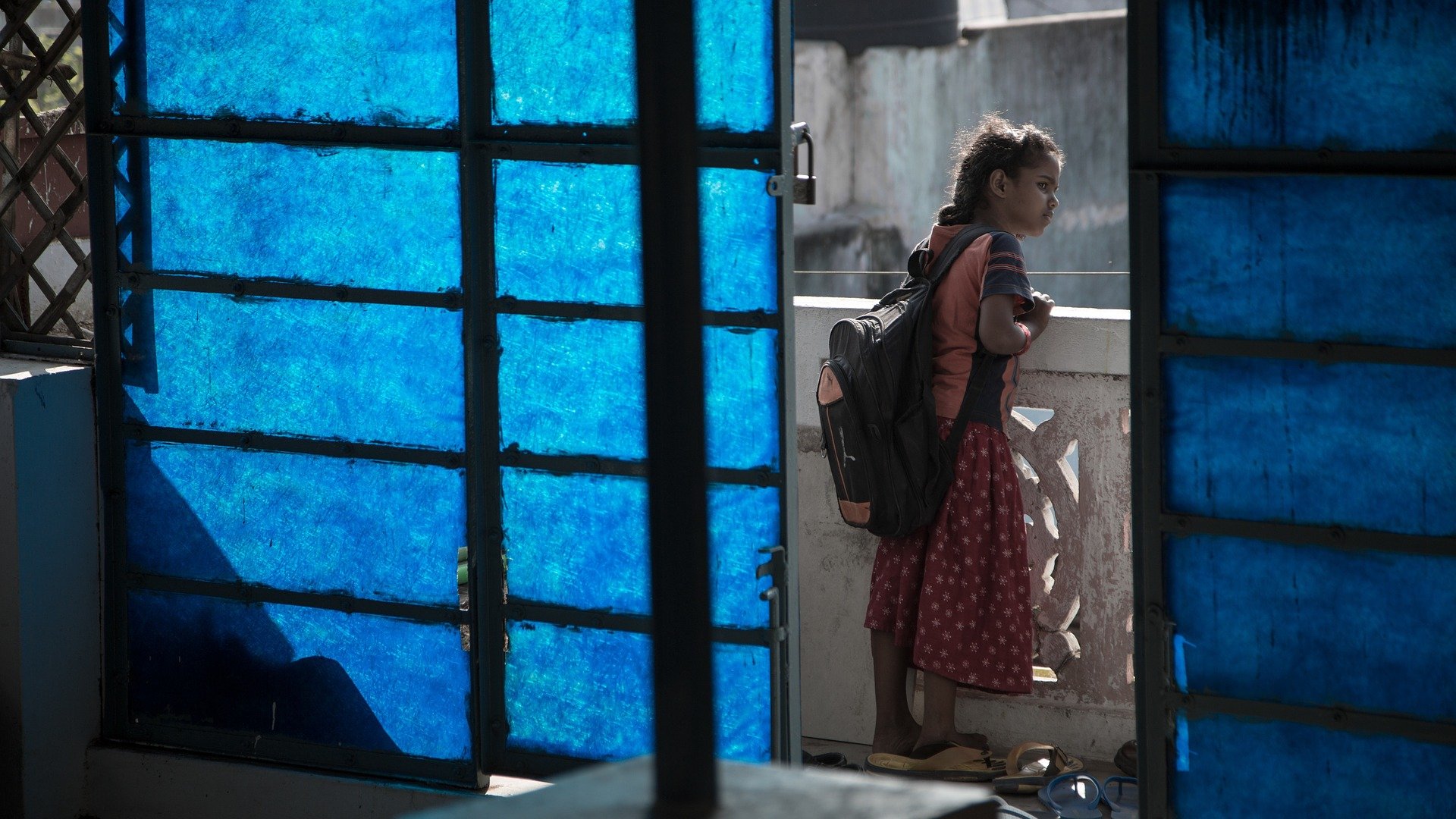
Image Credits: Pixabay (Represntational)
One In 3 Countries Not Addressing Learning Loss Due To School Closure: Report
Writer: Nishit Navin
I have lived in 7 cities across India. I completed my graduation with a triple major in English, Journalism, and animation. Currently, I am doing my master's in journalism from SIMC, Pune.
India, 14 July 2021 9:02 AM GMT
Editor : Palak Agrawal |
Palak a journalism graduate believes in simplifying the complicated and writing about the extraordinary lives of ordinary people. She calls herself a " hodophile" or in layman words- a person who loves to travel.
Creatives : Palak Agrawal
Palak a journalism graduate believes in simplifying the complicated and writing about the extraordinary lives of ordinary people. She calls herself a " hodophile" or in layman words- a person who loves to travel.
Out of the total 142 countries surveyed, only 40 per cent of countries had taken steps like extending the academic year and focusing on important sections of the syllabus to mitigate the loss in learning.
One in three countries, where schools are or have been shut due to the COVID-19 pandemic, has not implemented remedial programmes to mitigate learning loss.
The report titled 'Survey on National Education Responses to COVID-19 School Closures' has highlighted the need for the countries to take timely appropriate measures to reduce the adverse impacts on children which have been triggered by COVID-induced restrictions.
Only one-third of the countries mostly falling under the high-income bracket are taking steps to measure the loss of learning at primary and lower secondary levels.
"Measuring learning loss is a critical first step towards mitigating its consequences. It is vital that countries invest in assessing the magnitude of such losses to implement the appropriate remedial measures," said Silvia Montoya, Director, UNESCO Institute for Statistics, in a statement.
Objectives Of The Survey
The survey found out how countries were monitoring and mitigating learning losses, addressing the challenge of reopening schools, and deploying distance learning strategies. A total of 142 countries were a part of the survey that covered pre-primary, primary, lower secondary, and upper secondary level education.
Fewer than one-third of the lower- and middle-income countries students had returned for in-person schooling.
Since the onset of the pandemic, millions have been pushed into poverty. Families particularly from the marginalised groups have been struggling to make ends meet which influences their decision to get their wards to drop out of school. Hence, governments need to reach out to such communities in an attempt to encourage students' return to the schools.
Additioanlly, steps such as tracking the enrollment, drop-outs, community engagement events, access to basic hygiene facililtes need to become a part of the policies.
"Remote learning has been a lifeline for many children around the world during school closures. But for the most vulnerable, even this was out of reach. It is urgent that we get every child back into the classroom now," said UNICEF Global Chief of Education Robert Jenkins.
Key Findings of The Study
To address the loss of learning, 40 per cent of countries have taken steps, including extending the academic year.
More than half of the countries, however, did not implement any such measures. Some countries were forced to cancel examinations— 28 per cent did so in lower secondary, and 18 per cent countries in upper secondary.
Despite adolescent girls being at higher risk of dropping out in low- and lower-middle-income countries, revising access policies was uncommon among the surveyed countries.
What About India?
A survey conducted in November 2020 in ten states of the country found that nearly two-thirds of the students in rural areas were at the risk of dropping out of education.
Haryana has reported a staggering 42 per cent drop in enrollment in private schools.
Loss of learning across the country has also led to an increase in the abuse of children through child labour and child marriage. A disruption in mid-day meals has halted India's fight against malnutrition. It has been estimated that 800,000 additional children will face underweight and wasting.
Also Read: Nearly 10% Of Global Population Remained Undernourished In 2020: UN Report
 All section
All section













